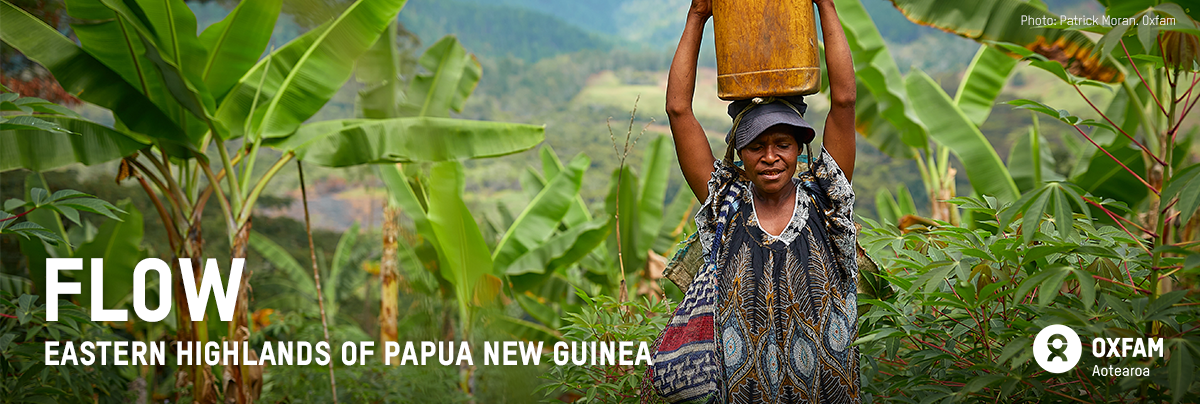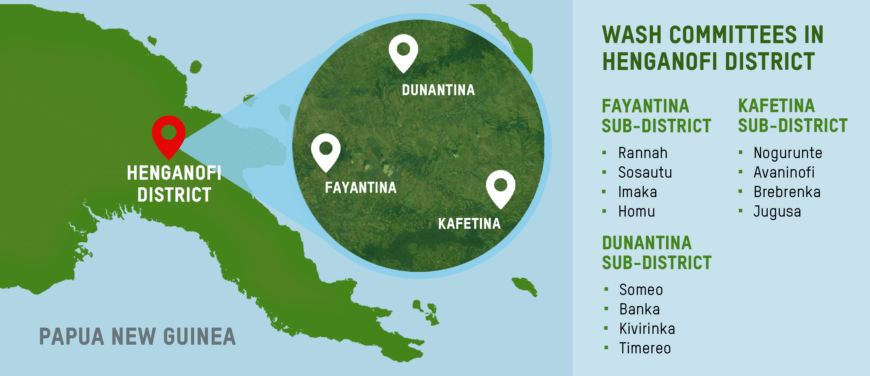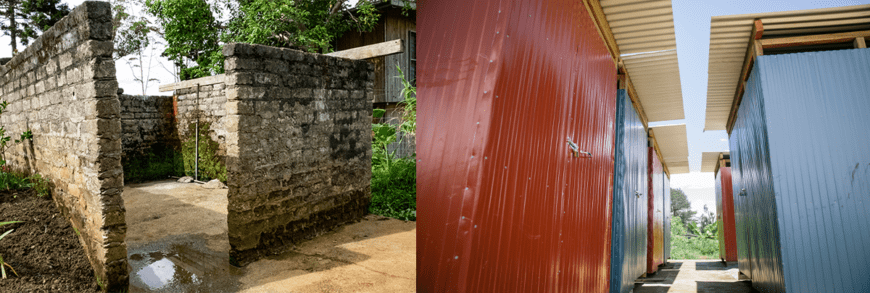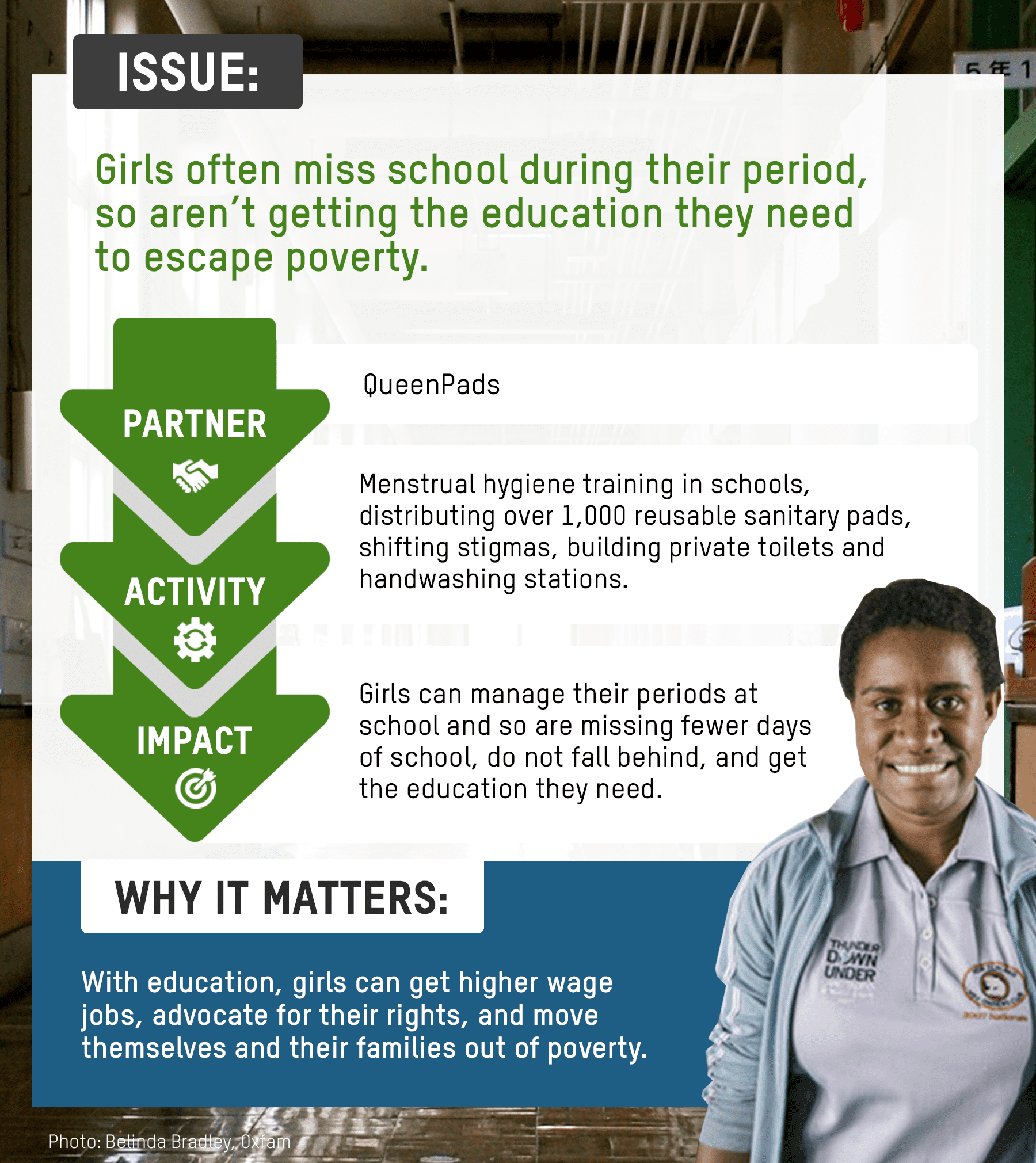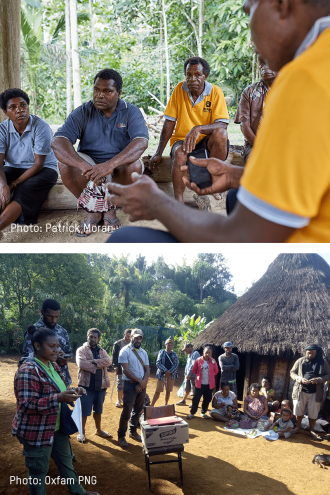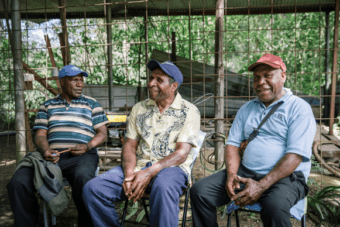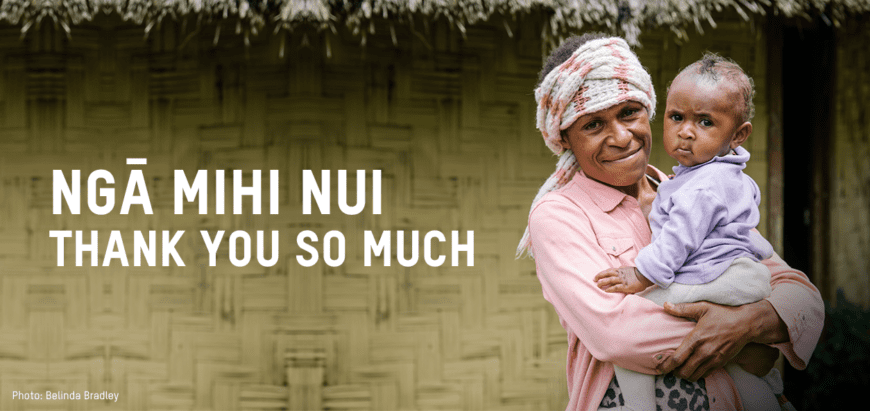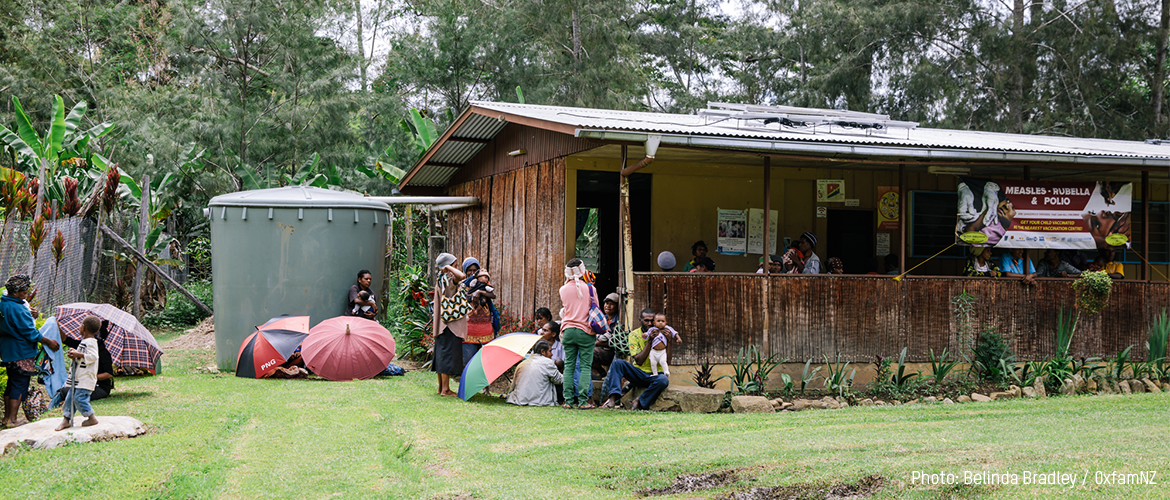Two new reports reveal how New Zealand can meet its climate finance obligations ahead of COP29.
Auckland, New Zealand –Humanitarian agencies World Vision New Zealand and Oxfam Aotearoa, alongside the New Zealand Climate Action Network (NZCAN), have released two important climate finance reports today.
These reports are published during the Pacific Islands Forum in Tonga and ahead of the United Nations climate change conference (COP29) in Baku, Azerbaijan, where the New Zealand government will be participating in negotiations on climate finance to fund climate change adaptation and mitigation measures
Doing Our Fair Share: New Zealand’s Responsibility to Provide Climate Finance, is published today by World Vision New Zealand and Oxfam Aotearoa.
“Our report highlights New Zealand’s responsibility to bolster its climate finance support for communities on the frontlines of climate change in the Pacific” says co-author, World Vision’s Advocacy Policy and Research Advisor, Dr Olivia Yates.
“As climate change intensifies, those communities least responsible are paying the highest price. Children and their families who are facing the most severe impacts often live in poverty, unable to afford the necessary tools to switch to greener, more climate-resilient livelihoods and prepare for future unprecedented extreme weather,” she says.
Co-Author, Oxfam Aotearoa’s Climate Justice Lead Dr Nick Henry says “New Zealand’s climate finance is helping to build resilience for Pacific communities on the frontlines of climate change. The need for support will only increase in the coming years and New Zealand should continue to stand with the Pacific and be ready to contribute our fair share.”
The report reveals that to meet its fair share of climate finance, New Zealand should be contributing between 0.38% and 0.66% of the global climate goal, which currently equates to between NZ$558 million and NZ$953 million each year, based on our gross national income (GNI) and historic greenhouse gas emissions. Currently, New Zealand is only fulfilling 34% to 58% of this target.
The report shows that, although New Zealand’s climate finance falls short by over NZ$200 million, its funding has been steadily increasing. In the next funding round (2026-2030), New Zealand has a fresh opportunity to show global leadership by committing to provide a fair share of climate finance.
Dr Olivia Yates hopes the report will encourage the government to take seriously the need for ambitious climate finance in its upcoming climate finance decisions.
“While all countries must act on climate change, higher-income countries like New Zealand should pay their ‘fair share’ of the bill for climate action, based on their higher historical emissions and financial capability.”
Climate finance involves funding to support lower-income countries to cover the costs of shifting to greener systems, adapting to our warming world, and dealing with losses and damages from extreme weather – all vital for a response to climate change that leaves no one behind.
‘Seizing the Moment: A New Climate Finance Goal That Delivers for the Pacific’, by Climate Action Networks (CAN) in Australia, New Zealand and the Pacific Islands, calls on the New Zealand Government to stand with the Pacific and commit to new funding aligned with a stronger global goal on climate finance, known as the New Collective Quantified Goal on Climate Finance (NCQG), to be set at COP29 this November.
The NCQG is set to replace the prior US$100 billion (NZ$146 billion) annual global goal, a promise made by higher-income nations in 2010 to provide at least US$100 billion annually for climate change adaptation and mitigation each year.
Dr Nick Henry, Climate Justice Lead at Oxfam Aotearoa and co-author on the CAN report, says that funding to-date has been far from fair.
“The previous $100 billion goal was largely met in 2022 through loans and redirected development assistance, exacerbating debt burdens in lower-income countries. Countries on the frontlines of climate change now spend more paying debts than they receive in aid.”
The CAN report calls for a global target of at least US$1 trillion per year (NZ$1.46 trillion), prioritising grants over loans, to adequately support those hit hardest by climate change.
“At COP29, New Zealand has an opportunity to stand with the Pacific and advocate for a stronger, fairer climate finance target,” he says.
“New Zealand should commit to its fair share of the refreshed global goal, retaining its emphasis on grants instead of loans, and in addition to current aid efforts, to show enduring support, leadership, and a commitment to equity.”
As COP29 approaches, New Zealand has the opportunity—and the responsibility—to increase its fair share of climate finance and stand with the Pacific to ensure a fairer and more sustainable future for people most affected by climate change. Countries on the frontlines are urging global action, and New Zealand must rise to the challenge.
Note to Editors:
New Zealand’s fair share of climate finance has been calculated by looking at the country’s share of responsibility for climate change (based on the country’s cumulative emissions of greenhouse gases since 1992 and since 1850) and its ability to pay (according to its Gross National Income) relative to other higher-income (“Annex II”) countries.
Media Contact:
For a copy of the report, or to arrange interviews, please contact: Rachel Schaevitz – rachel.schaevitz@oxfam.org.nz or 027 959 5555 Ashley Miln – Ashley.miln@worldvision.org.nz or 020-4051-3769 Kirsty Jones – Kirsty.jones@worldvision.org.nz or (09) 580 7753



